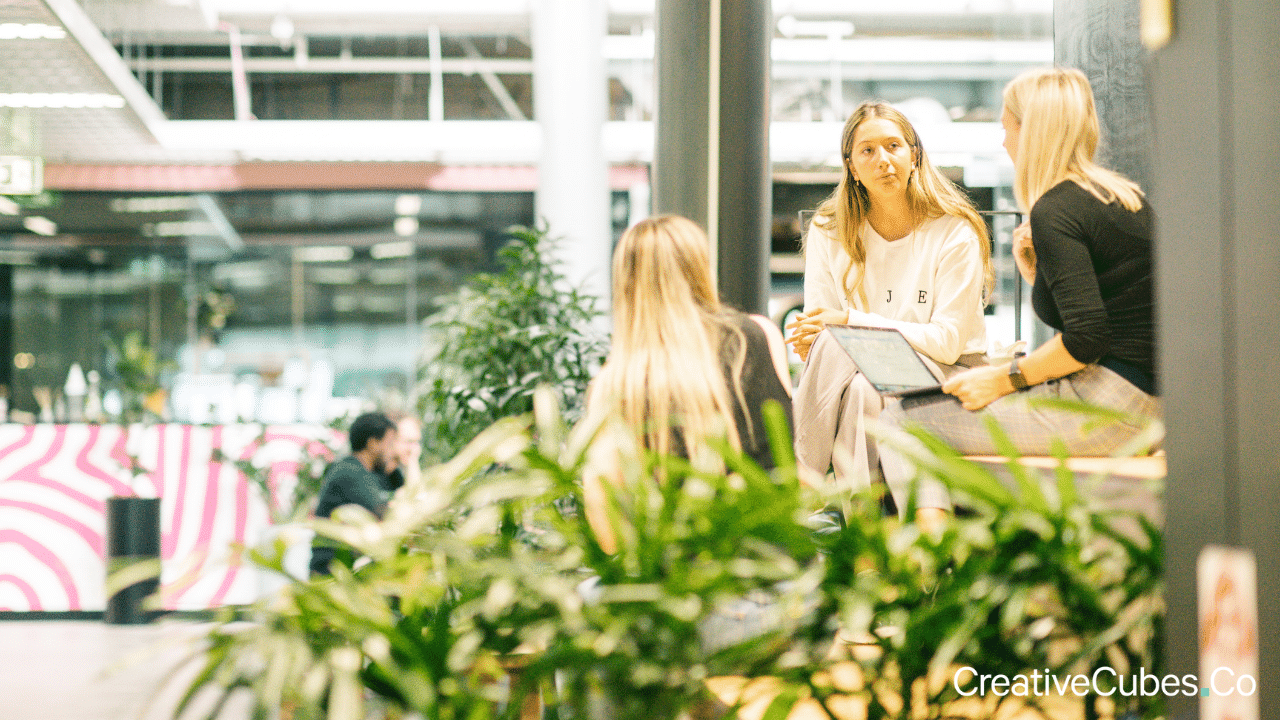All it takes is a large-scale disruption to entirely change the way we think about something and like it or not, the office as you knew it is obsolete.
Over the past two years, there has been a major reset, albeit forced, on major work traditions. Employees were released from the “daily grind” and afforded autonomy, flexibility and freedom from physical routine and workplace-related rituals thanks to the pandemic.
With the significant shift in metrics of performance and greater work-life balance, the employee experience has transformed completely. As this flexibility is called to remain in the workplace, many businesses are re-evaluating what this means for the office, their employees and business operations.
Tesla employees, on the other hand, have no say in the matter.
Elon Musk has recently declared that remote work at Tesla is “no longer acceptable”, adopting a firm position against his staff working from home, or at a location more convenient to them.
While I can somewhat agree with Musk’s sentiments, his delivery is deeply flawed with a very narrow-minded and authoritarian approach when thinking of remote and office work. Riddled with mistrust, he reflects an illusion of control that will ultimately force employees to reconsider their relationship with the work they do and the employer they do the work for.
If there’s anything the pandemic has shown employers, it’s that productivity is not necessarily conducive to being in an office 8 hours a day. Jobs that we never imagined could be performed remotely, suddenly and successfully were carried out at home with employees being recognised for the value of work they do, not where they sit.
However, remote work is not sustainable. Not for the economy, for businesses nor for employee’s wellbeing and mental health. There are major elements missing from virtual work that inhibit businesses from developing a strong and thriving culture.
A physical office will always hold value: for connection, collaboration, career development and to create a space between home and work. Companies need to be more intentional about the space they use and see beyond the fluorescent lighting and rigid office design, and instead, provide more activity-based working environments for their employees.
Work Futurist at Atlassian, Dominic Price hits the nail on the head, “Here is a huge opportunity in understanding the nuanced needs of teams and different times, and providing a variety of spaces for them to utilise. It’s no-longer “are you a home person or an office person”, but more about understanding the job to be done, and where I can best do that role.”
Space isn’t the concrete, walls and roof and culture isn’t cheesy bean bags and indulging in ‘innovation theatre’. The office should be a space that builds a cohesive experience and brings happiness, effectiveness, and belonging, into every part of that experience.
We know that psychological safety and belonging are essential ingredients in being effective in work, and having a safe, creative, happy, and engaging space, to do that work in is a genuine force multiplier for anyone.
This is the future of work.
We’d Love To Show You More
All Of Our Buildings Are City Fringe & Low Rise To Accomodate The New COVID World




